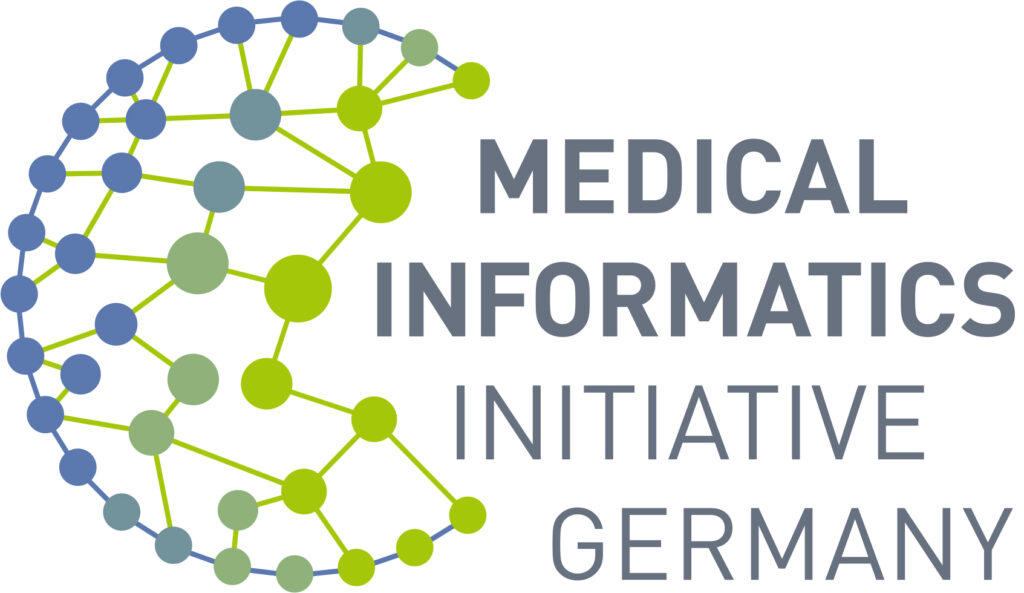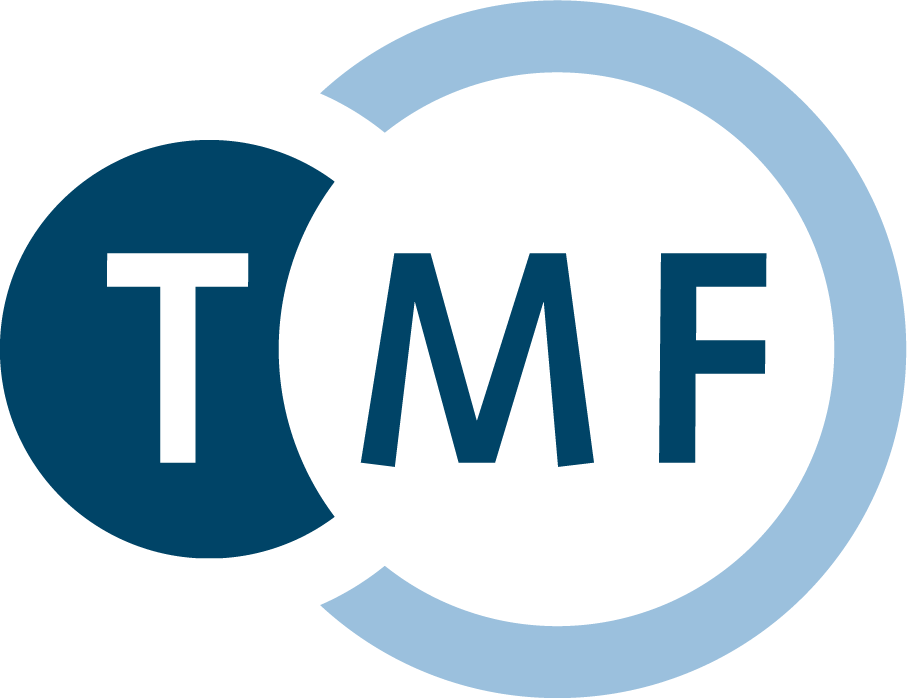Summer School 2024
17 - 21 June 2024
Lichtenfels
Information
The MIRACUM consortium (Medical Informatics in Research and Care in University Medicine) and the DIFUTURE consortium (Data Integration for Future Medicine) invite interested staff to the next MIRACUM-DIFUTURE Summer School. This will be organised as a face-to-face event.
The MIRACUM-DIFUTURE Summer School will take place from 17 to 21 June 2024 at Schney Castle near Lichtenfels. The content is tailored to FHIR and the MII core dataset module development with a focus on rare diseases. With the establishment of the federated NARSE registry and the realisation of the Lab4Rare studies, there is a great need for this.
Framework topic of the Summer School: “FHIR, core dataset module rare diseases (SE) and federated SE documentation”
The Summer School will again have a strong workshop character, i.e. in addition to familiarising participants with the principles and tooling of core dataset modelling, they will mainly work in groups on the concrete development of the core dataset module. The school is aimed at both technical and clinical staff, who work together in groups to develop the requirements, specifications and technical implementation of the profiles.In addition to the technical training, social events are also planned, with sufficient time for intensive socialising and team building, which will have a lasting effect on collaboration later on.
The Autumn, Spring, Summer and Winter Schools organised by MIRACUM and DIFUTURE are part of the concept to strengthen medical informatics and take place regularly to provide an introduction to interesting topics in biomedical informatics and medical data science as well as a general exchange for junior staff and interested parties.
Programme
12:00 – 13:00 | Arrival of the participants & snack
13:00 – 14:00 | Welcome and mutual introduction
14:00 – 15:30 | FHIR basics
15:30 to 16:00 | Coffee break
16:00 to 17:00 | Tooling for profiling the core dataset: FHIR Shorthand
17:00 to 18:00 | Development of the National Register for Rare Diseases
from 18:00 | Dinner & get-together
09:00 – 10:00 | Role of the MII core data set for infrastructure & processes of data integration centres
10:00 – 10:30 | Coffee break
10:30 – 11:15 | Human Phenotype Ontology
11:15 – 12:00 | HPO Annotation Exercise
12:00 – 13:00 | Lunch
13:00 – 14:00 | Tooling for the specification of information models: ART-DECOR & UML
14:00 – 15:30 | Group work on the use of the tooling “in the sandbox” (with integrated coffee break)
- Group 1: Creation/customisation of a simple information model in ART-DECOR
- Group 2: Creation/customisation of a simple KDS profile in FHIR Shorthand
15:30 – 16:00 | Mutual presentation of results & impressions
from 16:00 | Social event & dinner together
09:00 – 10:00 | Status FHIR modules for rare diseases
10:00 to 11:00 | Group work on the specification of information models in ART-DECOR & UML
11:00 to 11:30 | Coffee break
11:30 to 13:00 | Mutual presentation & discussion of the results
13:00 to 14:00 | Lunch
14:00 to 15:00 | Taskforce core dataset & governance process of the MII core dataset
15:00 to 16:30 | Introduction SNOMED CT
16:30 to 17:00 | Coffee break
17:00 to 18:00 | Practical exercise annotation with SNOMED CT
from 18:00 | Dinner & games evening
09:00 – 11:00 | Group work on profiling core data set modules in Simplifier & FHIR Shorthand (Part 1)
11:00 – 11:30 | Coffee break
11:30 – 12:30 | Mutual presentation & discussion of interim results
12:30 – 13:30 | Lunch
13:30 – 15:00 | Group work on profiling core dataset modules in Simplifier & FHIR Shorthand (part 2)
15:00 – 15:15 | Coffee break
15:15 – 16:00 | Mutual presentation & discussion of the results & coordination of the next steps
16:00 – 17:00 | Introduction Creation of Implementation Guides
17:00 – 18:00 | Group work on the creation of implementation guides (part 1)
from 18:00 | Dinner & games evening
09:00 – 11:00 | Group work on the creation of implementation guides (part 2)
11:00 – 11:30 | Coffee break
11:30 – 12:30 | Mutual presentation & discussion of the results & coordination of the next steps
12:30 – 13:30 | Lunch
13:30 – 14:30 | Conclusion & feedback round
from 14:30 | End of the event
Arrival
By train
Schney is also easy to reach by train. Lichtenfels is a regional railway junction and is easy to reach by regional express train. The nearest ICE stop is Coburg on the main Munich-Berlin-Hamburg axis. From Lichtenfels main station, you can easily reach the castle by taxi.
Schney railway station is only one stop away from Lichtenfels station by regional train. It takes about 8 minutes to walk from Schney station to our castle.
If you walk from the station through the idyllic castle park, you will find our buildings above the Protestant church.
By car
Schney is located in the heart of Germany and is connected to the A73 motorway from Nuremberg to Suhl via Lichtenfels.
Technical equipment
WLAN and a projector are available. All participants should bring their own laptops for group work.
Accomodation
Accommodation is in single rooms.
Coordination and organisation
Prof Dr Thomas Ganslandt (Erlangen)
Prof Dr Martin Boeker (Munich)
Prof Dr Hans-Ulrich Prokosch (Erlangen)
Prof Dr Paul Schmücker (Mannheim)
Dr Josef Schepers (Berlin)
Public relations
Photos and/or video recordings may be made during the Summer School. These recordings can be accessed worldwide if they are published on the Internet. Further use of the recordings by third parties can therefore not be ruled out. By participating, you agree to the publication of the recordings as part of the public relations work of the MIRACUM consortium without any claim to remuneration.

© 2024 DIFUTURE



